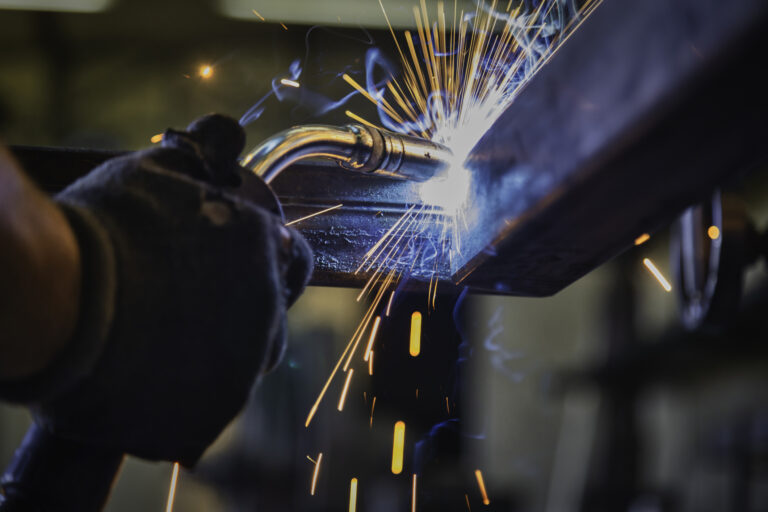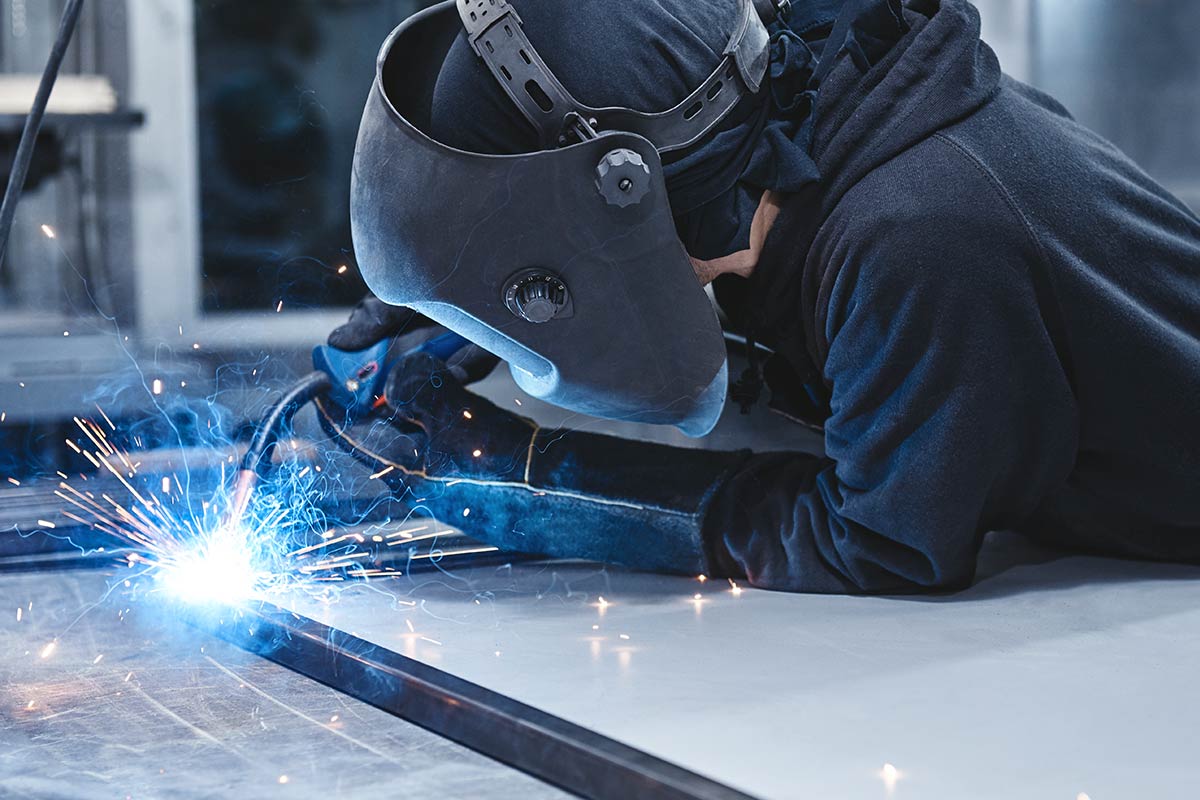Welding is a critical process in many industries, from construction and automotive repair to manufacturing and infrastructure maintenance. While the techniques and technologies behind welding continue to evolve, one need remains consistent: access to skilled professionals capable of delivering safe, durable, and code-compliant results. Whether for structural reinforcement, custom fabrication, or emergency repairs, locating professional welders in a timely and reliable manner is essential.
This article explores the practical considerations of finding nearby welders, the importance of certified welders, and how individuals and organizations can ensure quality when selecting the nearest welder for a job.
Why Certification Matters in Welding
Not all welders are certified, but when structural integrity and safety are at stake, hiring certified welders is often a legal or contractual requirement. Certification typically indicates that a welder has passed standardized tests administered by recognized institutions such as the American Welding Society (AWS), the American Society of Mechanical Engineers (ASME), or local licensing bodies.
These tests evaluate a welder’s ability to produce strong, defect-free welds under specific conditions and using designated materials. The process also includes an understanding of safety procedures, equipment handling, and welding codes relevant to various industries.
For instance, construction projects involving load-bearing steel frameworks must often be completed or overseen by certified welders to meet local building codes and regulatory requirements. In manufacturing, welders working on pressure vessels or pipelines must comply with industry-specific standards to ensure safety under operational stress.
Choosing a certified professional minimizes the risk of failure, saves time on rework, and can reduce liability exposure, particularly in commercial or public sector projects.

Local Access: Why “Nearby” Makes a Difference
In practice, proximity plays a major role in welding services. Whether the job is planned in advance or arises unexpectedly, the ability to contact and deploy nearby welders can prevent project delays and minimize disruptions.
For example:
- A logistics company may require urgent repair on a trailer frame to resume delivery schedules.
- A property owner might need quick reinforcement on a metal staircase after damage from weather.
- A facility manager could be tasked with restoring a broken fence or gate before reopening to the public.
In such cases, searching for the nearest welder isn’t just about convenience—it’s about response time. Many directories and service apps now allow users to locate professional welders within a specific radius, filtering by availability, service type, or certification status. This localized approach helps users prioritize accessibility and practical response over other factors.
Professionalism Beyond Technique
The term professional welders encompasses more than just technical ability. It also reflects work ethic, communication skills, reliability, and attention to detail. In customer-facing scenarios—such as residential repair or on-site fabrication—these soft skills can be as important as the weld itself.
A professional welder typically provides:
- Clear job assessments: Evaluating material condition, environmental risks, and technical needs.
- Transparent pricing: Offering accurate quotes based on labor, materials, and scope.
- Documentation: Invoices, material traceability, and, when applicable, welding procedure specifications (WPS) or inspection reports.
- Clean work practices: Managing debris, protecting surrounding surfaces, and ensuring safety during the job.
Clients should look for these indicators when comparing options, especially if they are unfamiliar with the welding process or commissioning work for the first time.
Mobile vs. Shop-Based Welding Services
Depending on the situation, a client may opt for either a mobile welder or a fixed-location welding shop. Both have advantages.
- Mobile welders can travel to the site, making them ideal for immobile equipment or structural elements.
- Welding shops often have larger tools and controlled environments, allowing for precise, high-volume fabrication.
When looking for nearby welders, it’s worth confirming whether they offer mobile services or require drop-off. Many directories now allow users to filter by service type to avoid miscommunication.
Use Cases Where Certified Professionals Are Essential
Certain sectors require or strongly prefer certified welders due to safety and compliance concerns. Examples include:
- Oil & Gas: Welding on high-pressure pipelines or refinery equipment.
- Marine Applications: Repairing ship hulls or offshore platforms.
- Aerospace and Defense: Working on components that undergo significant stress or vibration.
- Public Infrastructure: Bridges, railings, municipal installations.
In these cases, the certification of the welder is often reviewed as part of regulatory audits or insurance claims. Clients may be required to submit proof that the work was completed by a qualified individual.
Even outside of these industries, many clients seek certified welders simply for peace of mind—knowing that the technician has demonstrated competence under formal testing conditions.

Tools and Platforms for Locating Nearby Welders
The process of finding the nearest welder has become more streamlined thanks to digital tools. Some common methods include:
- Online business directories: Listings that allow filtering by location, service type, and user reviews.
- Trade platforms: Specialized portals connecting clients to vetted professional welders.
- Social media and forums: Local community groups often share recommendations and references for nearby welders.
- Contractor networks: General contractors and subcontractors often have preferred welders and may refer trusted contacts.
Users should still perform due diligence, verifying credentials, checking insurance coverage, and reviewing past work when possible.
Cost Considerations
Pricing in welding services varies by:
- Type of job (repair, fabrication, emergency call-out)
- Materials involved (mild steel is less expensive to work with than stainless or aluminum)
- Welding method (TIG tends to be more labor-intensive than MIG or stick)
- Travel and time (longer distances or after-hours service may incur additional fees)
Although choosing the nearest welder can reduce travel charges, clients should not focus exclusively on location if it means compromising on experience or certification.
Summary
Finding the right welding service involves more than typing “welders near me” into a search engine. It requires a balanced understanding of qualifications, location, responsiveness, and professionalism. Whether for a home project or an industrial application, choosing certified welders ensures adherence to safety and quality standards.
Using platforms to locate nearby welders allows clients to respond quickly to urgent needs, while selecting professional welders helps ensure that the work is done efficiently, safely, and to specification. As the industry evolves, the integration of localized, skilled labor into digital access platforms is helping connect needs with solutions faster than ever before.






